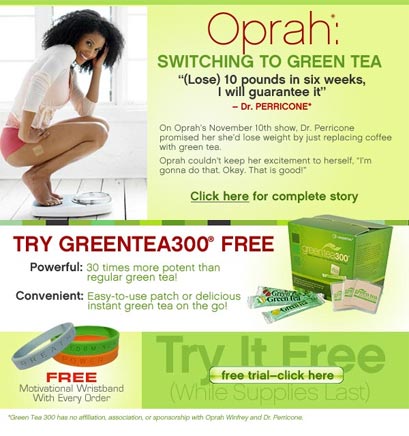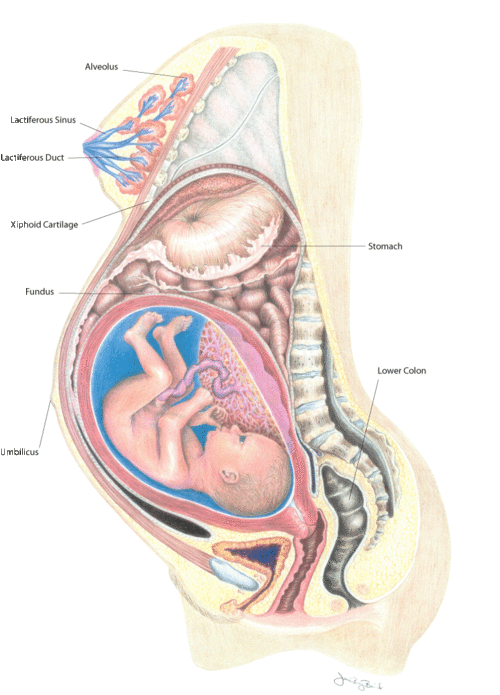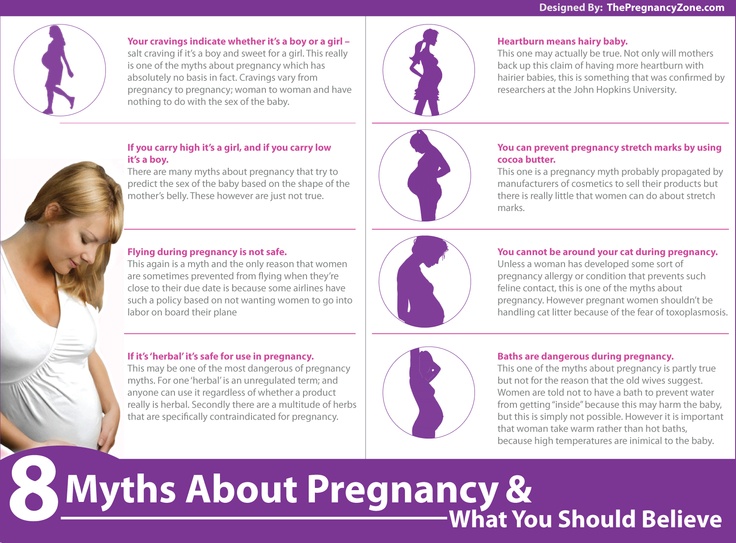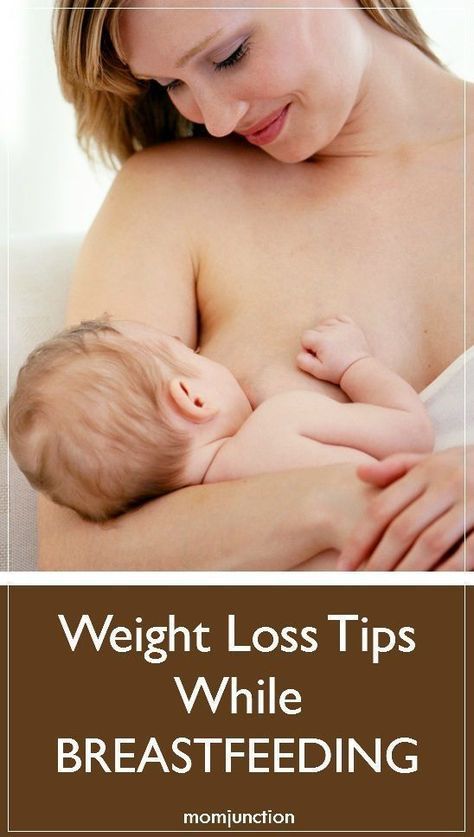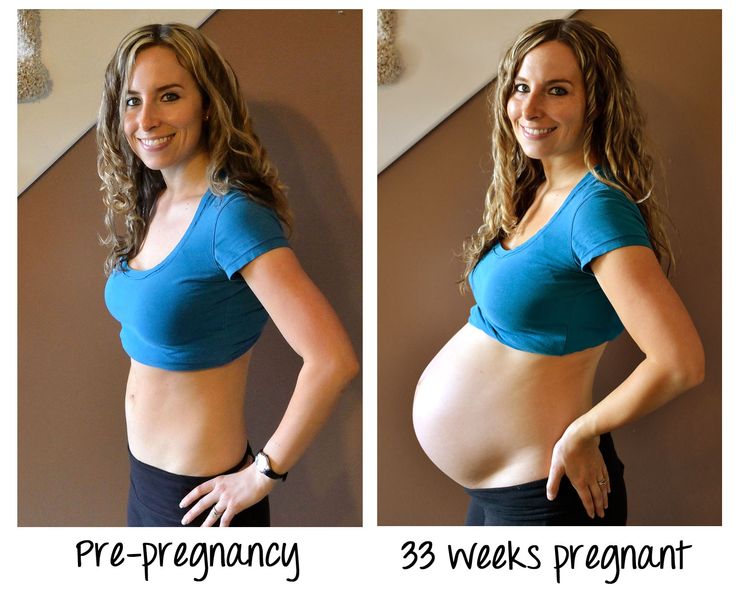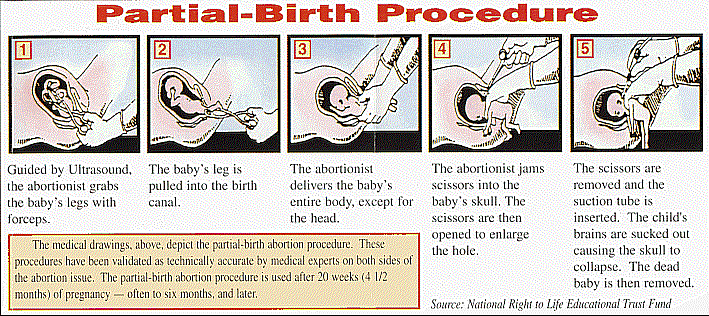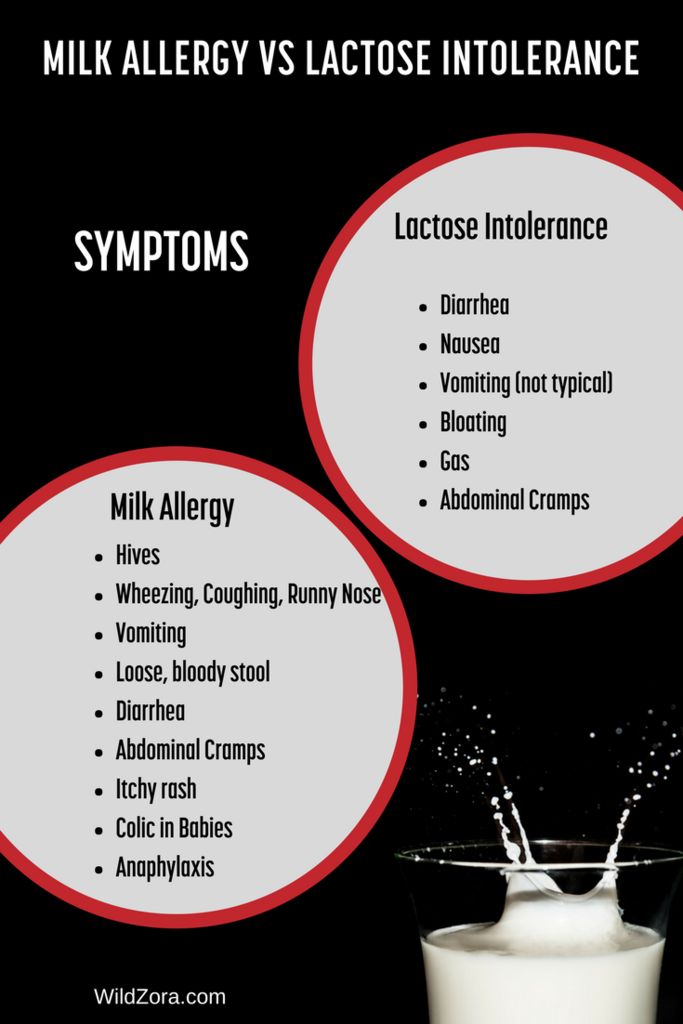Is green tea good for you while pregnant
Green Tea While Pregnant: Is It Safe?
A pregnant person needs to drink more liquids than a nonpregnant person. This is because water helps to form the placenta and amniotic fluid. If you’re pregnant, you should try to drink 8 to 12 glasses of water per day, based on your own needs and body.
There are certain foods you should also avoid or limit while pregnant because they might be harmful to your baby. You may have been warned by your doctor about drinking too much coffee because of the effects of caffeine.
Green tea, on the other hand, is often praised for its health benefits. But is it safe during pregnancy?
Read on to learn more about green tea and how much you can consume safely while pregnant.
Green tea is made from the same plant as regular black tea and isn’t considered an herbal tea. It contains caffeine just like coffee, but in smaller amounts.
Green tea contains high concentrations of antioxidants called polyphenols. The antioxidants fight free radicals in the body and prevent them from damaging DNA in your cells.
Green tea is mostly water and contains almost no calories per cup.
An 8-ounce (oz) cup of green tea contains approximately 24 to 45 milligrams (mg) of caffeine, depending on how strong it’s brewed.
On the other hand, 8 oz of coffee may contain anywhere between 95 and 200 mg of caffeine. In other words, a cup of green tea has less than half the amount of caffeine that’s in your typical cup of coffee.
Be careful, though: Even a cup of decaffeinated green tea or coffee contains small amounts of caffeine (12 mg or less).
Caffeine is considered a stimulant. It can freely cross the placenta and enter the baby’s bloodstream. Your baby takes a much longer time to metabolize, or process, the caffeine than a typical adult does, so doctors have had concerns about its impact on the developing baby.
Though some older research has shown conflicting evidence about the safety of drinking caffeinated beverages during pregnancy, more recent 2021 research indicates there’s no safe level.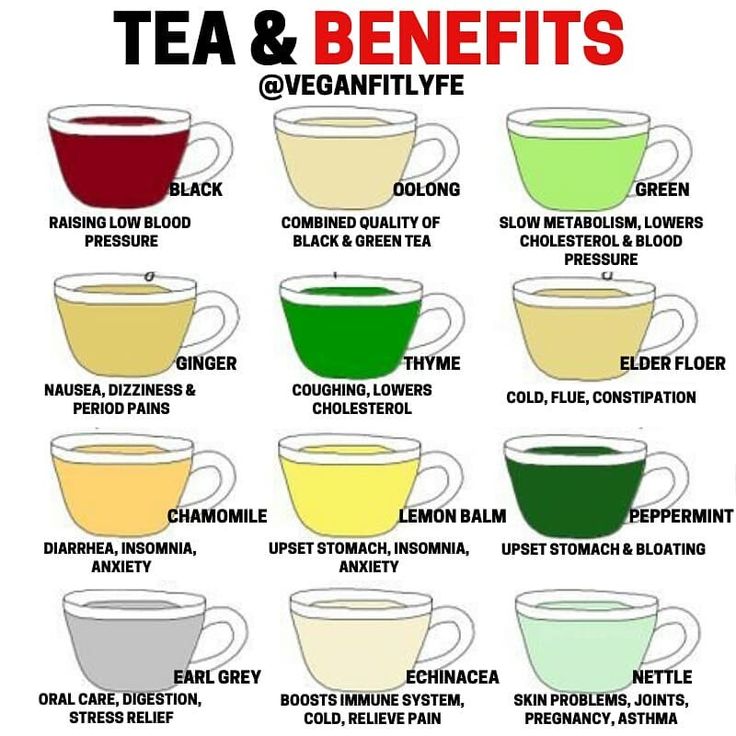
Consuming high levels of caffeine may be related to problems, including:
- miscarriages
- stillbirth
- premature birth
- low birth weight
- childhood acute leukemia
Since it’s a stimulant, caffeine might help keep you awake, but it also can raise your blood pressure and heart rate. This might all be OK at first, but as your pregnancy progresses, your body’s ability to break down caffeine slows down. You might feel jittery, have trouble sleeping, or experience heartburn if you drink too much.
Caffeine is also a diuretic, which means it causes you to release water. Drink plenty of water to offset any water loss caused by caffeine.
When it comes to even moderate levels of caffeine, it’s worth talking with your doctor about how much you can drink, if any. This includes green tea and other caffeinated drinks. Your doctor may give you the OK to have a cup or so per day or a few times per week.
Some doctors will ask you to limit your caffeine consumption to less than 200 mg per day.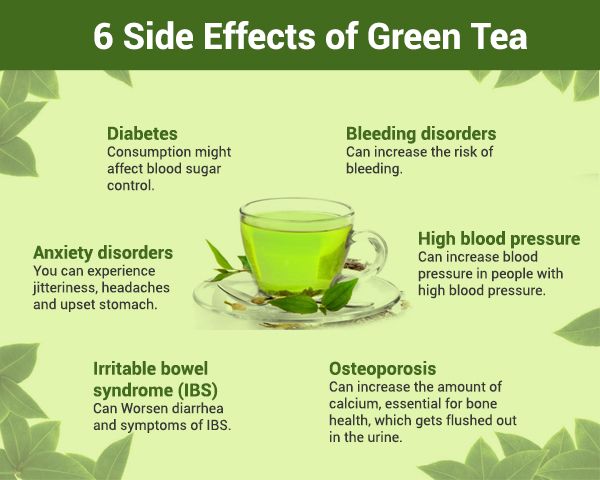 If your doctor approves of those guidelines, it’s OK to have a cup or two of green tea each day.
If your doctor approves of those guidelines, it’s OK to have a cup or two of green tea each day.
Just be sure to monitor your overall intake of caffeine to stay below your doctor’s recommended limits. To make sure you stay below that level, also add up the caffeine you consume in:
- chocolate
- soft drinks and sodas
- black tea
- energy drinks
- coffee
Herbal teas aren’t made from the actual tea plant, but rather from parts of plants like:
- roots
- seeds
- flowers
- bark
- fruit
- leaves
There are many herbal teas out on the market today, and most don’t have any caffeine. But does this mean they’re safe?
Most herbal teas haven’t been studied for safety in pregnant people, so it’s best to exercise caution.
The Food and Drug Administration (FDA) doesn’t regulate the safety and effectiveness of herbal teas. Most don’t have conclusive evidence of safety during pregnancy. Certain herbs can have side effects for you and your baby. When consumed in large amounts, certain herbal teas may stimulate the uterus and cause a miscarriage.
When consumed in large amounts, certain herbal teas may stimulate the uterus and cause a miscarriage.
You should follow a “better safe than sorry” approach to herbal teas, too. It’s best to check with your doctor before drinking any kind of herbal tea during pregnancy.
A warning about red raspberry leaf herbal tea
Important: Avoid using red raspberry leaf herbal tea or supplements, which have no strong scientific evidence for effectiveness and may even have adverse affects.
While the evidence against caffeine during pregnancy isn’t conclusive, doctors often recommend limiting your intake to less than 200 mg each day or even avoiding it altogether. Remember, this includes all sources of caffeine.
Green tea may be OK to drink in moderation because a cup typically contains less than 45 mg of caffeine, but you’ll want to check with your doctor to be sure. Make sure to read the product labels before eating or drinking anything that may contain caffeine.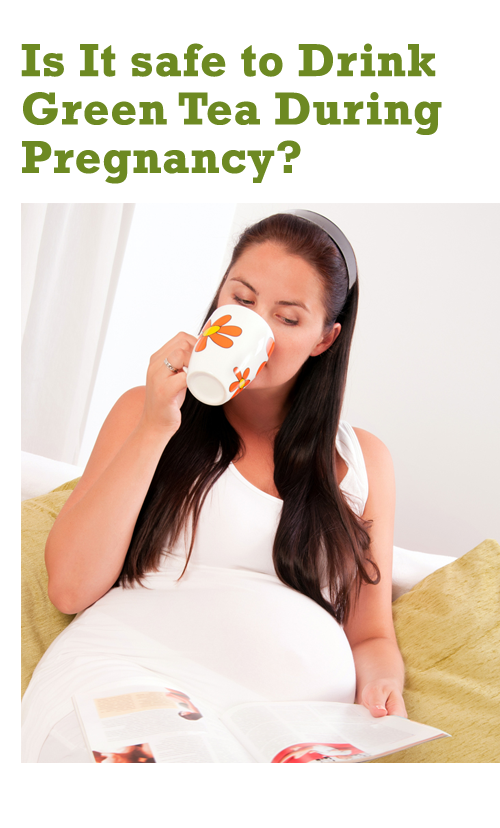 Brewed iced green tea might contain more than the average cup.
Brewed iced green tea might contain more than the average cup.
Finally, listen to your body. If your doctor says a cup of green tea is OK but it’s making you feel jittery or not allowing you to sleep well, it’s probably time to switch to a decaf version or forego green tea entirely.
Green Tea While Pregnant: Is It Safe?
A pregnant person needs to drink more liquids than a nonpregnant person. This is because water helps to form the placenta and amniotic fluid. If you’re pregnant, you should try to drink 8 to 12 glasses of water per day, based on your own needs and body.
There are certain foods you should also avoid or limit while pregnant because they might be harmful to your baby. You may have been warned by your doctor about drinking too much coffee because of the effects of caffeine.
Green tea, on the other hand, is often praised for its health benefits. But is it safe during pregnancy?
Read on to learn more about green tea and how much you can consume safely while pregnant.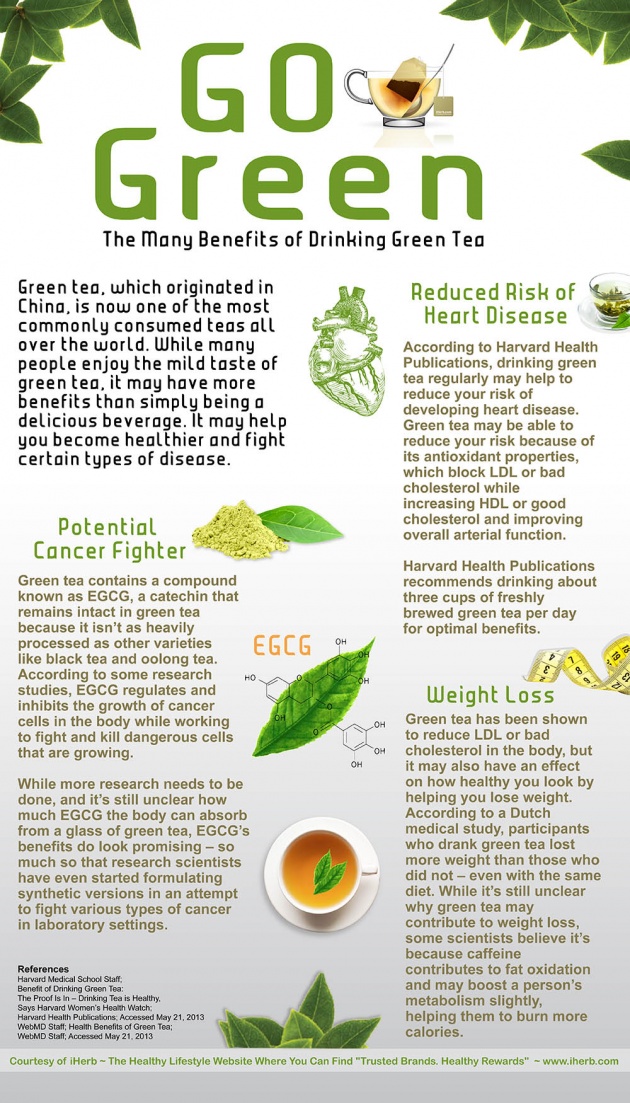
Green tea is made from the same plant as regular black tea and isn’t considered an herbal tea. It contains caffeine just like coffee, but in smaller amounts.
Green tea contains high concentrations of antioxidants called polyphenols. The antioxidants fight free radicals in the body and prevent them from damaging DNA in your cells.
Green tea is mostly water and contains almost no calories per cup.
An 8-ounce (oz) cup of green tea contains approximately 24 to 45 milligrams (mg) of caffeine, depending on how strong it’s brewed.
On the other hand, 8 oz of coffee may contain anywhere between 95 and 200 mg of caffeine. In other words, a cup of green tea has less than half the amount of caffeine that’s in your typical cup of coffee.
Be careful, though: Even a cup of decaffeinated green tea or coffee contains small amounts of caffeine (12 mg or less).
Caffeine is considered a stimulant. It can freely cross the placenta and enter the baby’s bloodstream.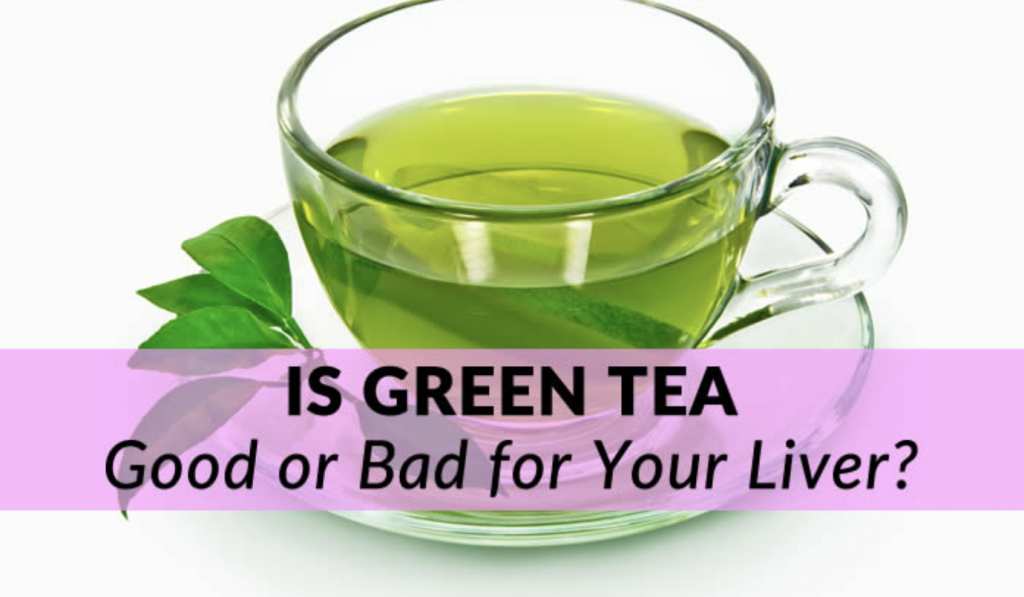 Your baby takes a much longer time to metabolize, or process, the caffeine than a typical adult does, so doctors have had concerns about its impact on the developing baby.
Your baby takes a much longer time to metabolize, or process, the caffeine than a typical adult does, so doctors have had concerns about its impact on the developing baby.
Though some older research has shown conflicting evidence about the safety of drinking caffeinated beverages during pregnancy, more recent 2021 research indicates there’s no safe level.
Consuming high levels of caffeine may be related to problems, including:
- miscarriages
- stillbirth
- premature birth
- low birth weight
- childhood acute leukemia
Since it’s a stimulant, caffeine might help keep you awake, but it also can raise your blood pressure and heart rate. This might all be OK at first, but as your pregnancy progresses, your body’s ability to break down caffeine slows down. You might feel jittery, have trouble sleeping, or experience heartburn if you drink too much.
Caffeine is also a diuretic, which means it causes you to release water. Drink plenty of water to offset any water loss caused by caffeine.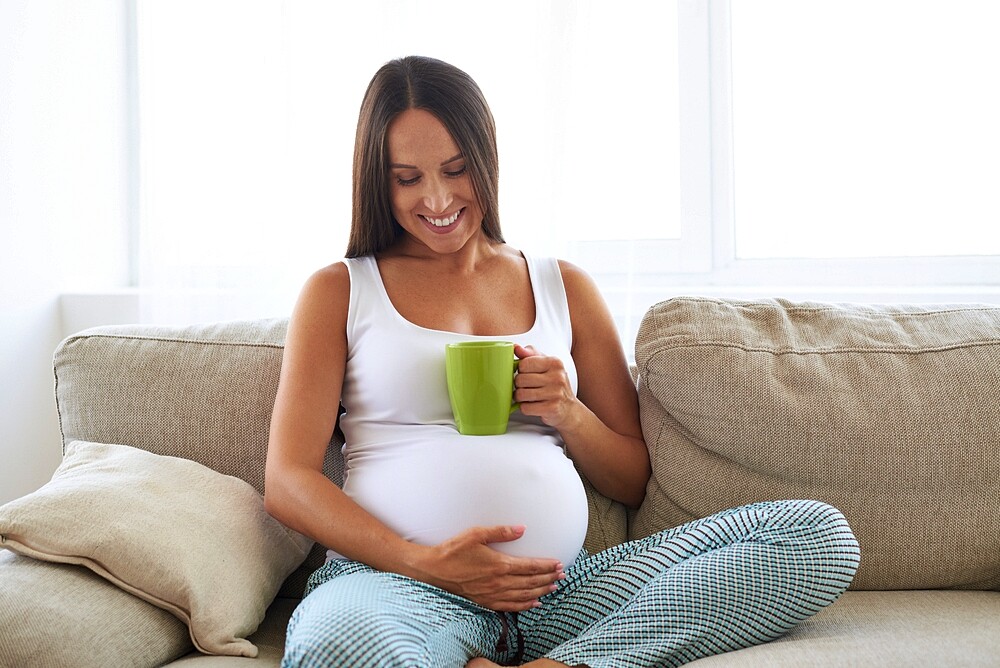
When it comes to even moderate levels of caffeine, it’s worth talking with your doctor about how much you can drink, if any. This includes green tea and other caffeinated drinks. Your doctor may give you the OK to have a cup or so per day or a few times per week.
Some doctors will ask you to limit your caffeine consumption to less than 200 mg per day. If your doctor approves of those guidelines, it’s OK to have a cup or two of green tea each day.
Just be sure to monitor your overall intake of caffeine to stay below your doctor’s recommended limits. To make sure you stay below that level, also add up the caffeine you consume in:
- chocolate
- soft drinks and sodas
- black tea
- energy drinks
- coffee
Herbal teas aren’t made from the actual tea plant, but rather from parts of plants like:
- roots
- seeds
- flowers
- bark
- fruit
- leaves
There are many herbal teas out on the market today, and most don’t have any caffeine. But does this mean they’re safe?
But does this mean they’re safe?
Most herbal teas haven’t been studied for safety in pregnant people, so it’s best to exercise caution.
The Food and Drug Administration (FDA) doesn’t regulate the safety and effectiveness of herbal teas. Most don’t have conclusive evidence of safety during pregnancy. Certain herbs can have side effects for you and your baby. When consumed in large amounts, certain herbal teas may stimulate the uterus and cause a miscarriage.
You should follow a “better safe than sorry” approach to herbal teas, too. It’s best to check with your doctor before drinking any kind of herbal tea during pregnancy.
A warning about red raspberry leaf herbal tea
Important: Avoid using red raspberry leaf herbal tea or supplements, which have no strong scientific evidence for effectiveness and may even have adverse affects.
While the evidence against caffeine during pregnancy isn’t conclusive, doctors often recommend limiting your intake to less than 200 mg each day or even avoiding it altogether. Remember, this includes all sources of caffeine.
Remember, this includes all sources of caffeine.
Green tea may be OK to drink in moderation because a cup typically contains less than 45 mg of caffeine, but you’ll want to check with your doctor to be sure. Make sure to read the product labels before eating or drinking anything that may contain caffeine. Brewed iced green tea might contain more than the average cup.
Finally, listen to your body. If your doctor says a cup of green tea is OK but it’s making you feel jittery or not allowing you to sleep well, it’s probably time to switch to a decaf version or forego green tea entirely.
Mom asks: "Is it possible to have green tea during pregnancy?" Toxicosis is very painful. I don't feel well, my blood pressure has dropped. But I drank green tea and felt better. Is it possible for pregnant women to have green tea? I heard it's bad."
obstetrician-gynecologist FSCC FMBA of Russia
— Nutrition is the most important factor for the proper development of the fetus and maintaining the health of the expectant mother. The daily diet should be enriched with essential vitamins and minerals. In addition, it is important for a pregnant woman to drink enough fluids.
The daily diet should be enriched with essential vitamins and minerals. In addition, it is important for a pregnant woman to drink enough fluids.
Water is necessary for the renewal of amniotic fluid, regulation of blood flow in the placenta, increase in blood volume of mother and child. Water improves metabolic processes, prevents the likelihood of urinary tract infections.
Milk, natural juices, fruit drinks, compotes and green tea can be included in the drinking regimen, but this should be done with caution.
Green tea contains a large amount of beneficial trace elements and antioxidants. The composition of the drink includes vitamins A, B, C, D, 17 amino acids, as well as phosphorus, zinc, iodine and calcium.
In addition, green tea has a diuretic property, which helps to cope with swelling. And the flavonoids that make up the drink improve metabolism.
Tea will be especially useful for pregnant women suffering from toxicosis. The drink eliminates bloating and flatulence, fights constipation, reduces the feeling of nausea.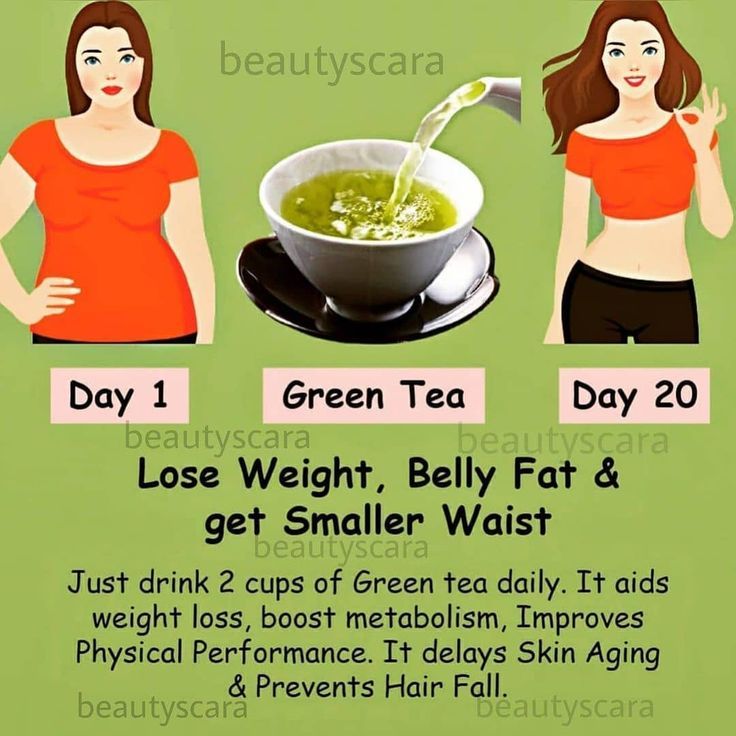
Green tea stabilizes the level of sugar in the body, prevents the development of inflammatory processes (especially in the oral cavity), prevents the spread of infections in the body, antioxidants help strengthen the immune system.
However, in large quantities, green tea can harm the expectant mother. The drink contains caffeine, which increases blood pressure and in some cases provokes tachycardia.
Green tea is not recommended for women diagnosed with gastritis, cholelithiasis, iron deficiency and liver pathology.
But in moderation, this drink will not harm the pregnant woman and the unborn child, but, on the contrary, will benefit.
No more than 2 cups of tea should be drunk daily, preferably in the morning.
Which green tea to choose
Give preference to a freshly brewed soft drink, and it is better to refuse tea bags . It is best to choose loose leaf tea without artificial flavors.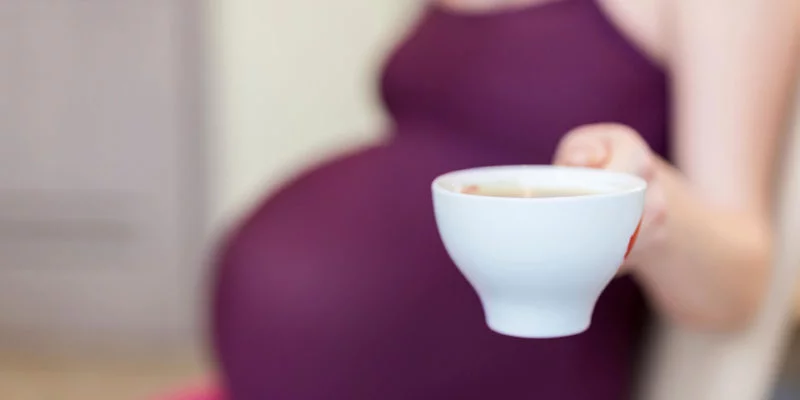 Various additives can cause unwanted reactions such as dermatitis.
Various additives can cause unwanted reactions such as dermatitis.
You can add fruits, berries or honey to tea, but only if the expectant mother is not allergic to these products. Green tea with mint is especially useful. The plant is rich in vitamins A, C, PP, effectively fights nausea and helps reduce stress levels.
Caution: large doses of tea slow down the development of the fetus
obstetrician-gynecologist of the Maternity Hospital No. 4 at the City Clinical Hospital named after. V.V. Vinogradova
— It is useful to drink green tea during pregnancy. It strengthens the immune system, is good for teeth and bones, and optimizes cholesterol levels. But you don't have to drink too much either.
In the first trimester, excessive consumption of green tea is dangerous because the drink can wash out folic acid, which is important for preventing the development of malformations in the fetus.
In the second trimester, the abuse of green tea slows down intrauterine development and increases the risk of preterm birth.
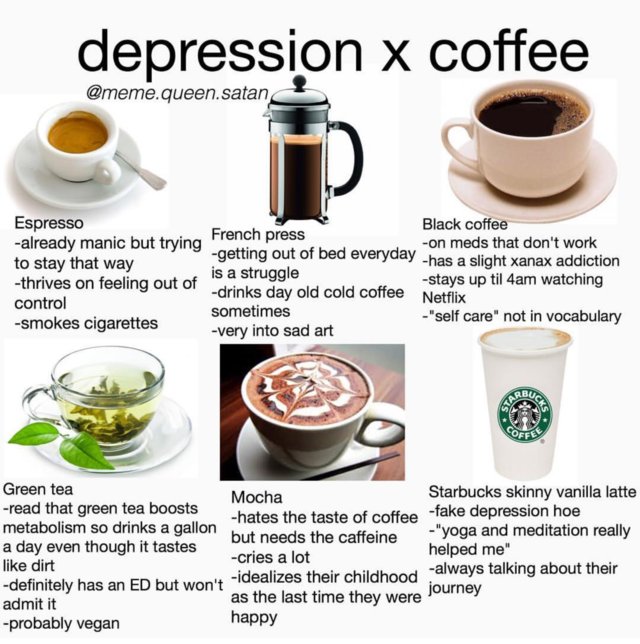
Therefore, it is recommended to consume no more than two cups per day.
Expert, Ksenia Voronezhtseva
Tags
- Question to the Gynecologist
Today they read
“We always celebrate the New Year with the mother-in-law, whom you cannot please. How can this tradition be changed?
An unknown picture of the Welsh ones surfaced on the web - it was immediately compared to Megan's photo because of one detail0003
Live stream and sunset funeral: 8 features of Elizabeth II's funeral Harmful or helpful?
Can matcha green tea do more harm than good if consumed before and during pregnancy?
Green tea is beneficial for pregnant women, matcha green tea has less caffeine than coffee, with green tea (depending on the variety) containing about 20-50 mg of caffeine per serving, while coffee usually contains about 100 mg per serving.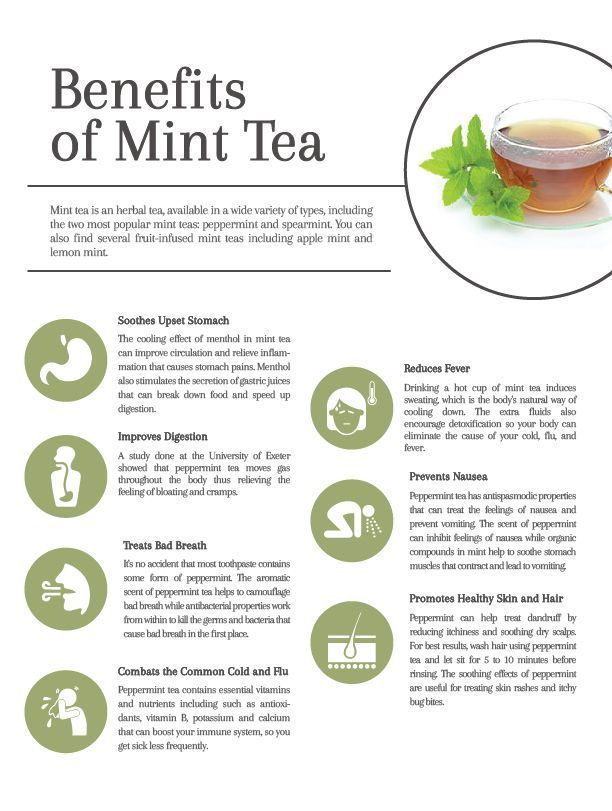
But it turns out that some of the benefits of matcha green tea may not apply to pregnant women and those who are just trying to conceive. This is because green and black teas reduce the body's ability to absorb folic acid, a very important "B" vitamin needed for baby's development in the early stages of pregnancy. The decrease in the body's ability to absorb folic acid is due to the action of the most abundant antioxidant found in matcha tea - EGCG. This antioxidant works in a similar way to methotrexate, an anti-cancer drug (consumption of green tea helps fight cancer). EGCG blocks an enzyme needed for cancer cell growth called dihydrofolate reductase (DHFR).
Unfortunately, it is undesirable for DHFR to be blocked during the first trimester of pregnancy, as this can lead to folate deficiency. Low levels of folate, a B vitamin essential for healthy fetal nervous system development, increase the risk of having a baby with spina bifida or another fetal neural tube disorder.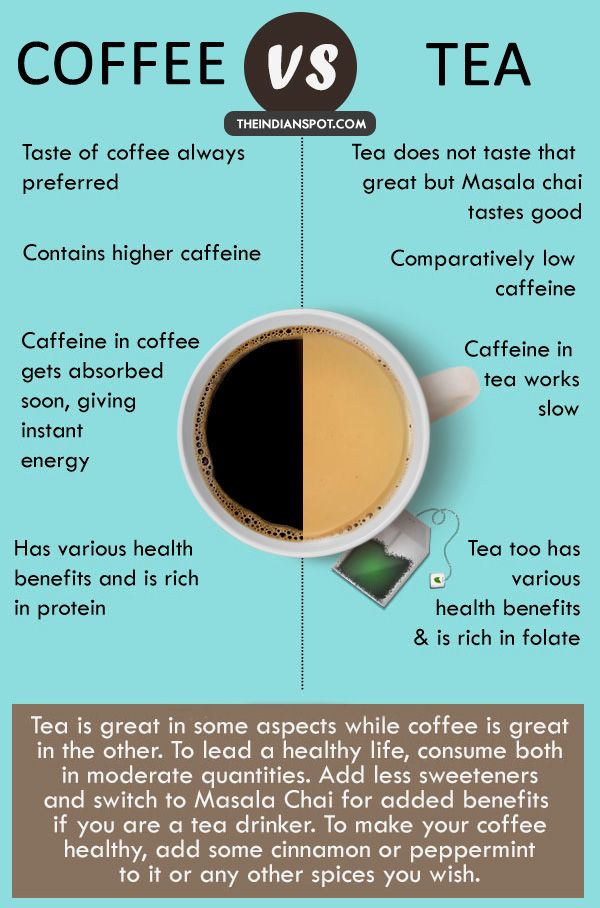 Women during the first trimester of pregnancy are not recommended to drink tea and when they are trying to get pregnant.
Women during the first trimester of pregnancy are not recommended to drink tea and when they are trying to get pregnant.
After this period, it is safe to consume one to two cups of tea per day, preferably between meals, to minimize any disturbance in the absorption of iron and folic acid from food. And remember, when it comes to caffeine intake during pregnancy, coffee is not off limits. During pregnancy, you can consume up to 200 mg of caffeine, which corresponds to one cup of coffee (depending on the variety) or four cups of green or black tea.
Also important information for women who adhere to a vegetarian diet about the effect of matcha green tea on the absorption of iron. Tea has been shown to reduce the body's ability to absorb iron from plant sources such as beans and tofu. For the rest of the population, matcha green tea can be an excellent and highly beneficial addition to the daily diet. Matcha green tea contains powerful antioxidants known as polyphenols, which have been shown to help prevent heart disease, improve memory and, as mentioned above, fight cancer.